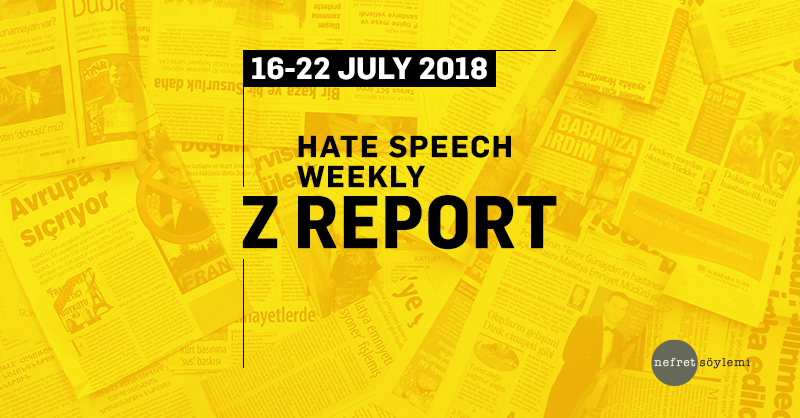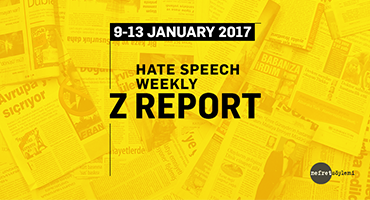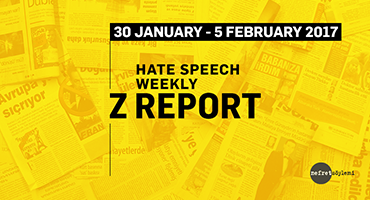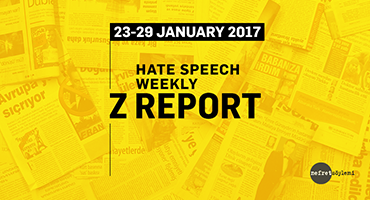Within July 16-22, 2018, three articles that generate hate speech were selected. You can find these articles that contain hate speech against Hindus, Greeks and Syrians as well as the analyses written about them below.1
1.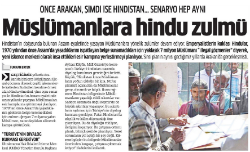
The article published in Milli Gazete with the title “Hindu atrocity against Muslims” reports a practice of the Indian government by attributing it to Hindi identity as a whole both in the title and in the following statement: “Hindus, the puppets of imperialists, plan to move 7 million Muslims to concentration camps built as a new torture centers by labelling them ‘illegal migrants’ because they cannot provide any documents proving that they lived in Assam before 1970.” The article represents Hindu identity in opposition to Muslims and creates negative opinions about Hindus. |
2.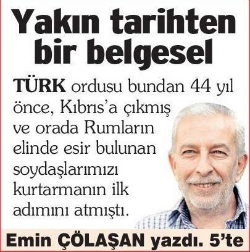
Emin Çölaşan in his column titled “A documentary on recent history” associates Greek identity with violence and massacre in the following sentences: “44 years ago, Turkish army landed on Cyprus and took the first step for saving our cognates who were held captive by Greeks” and “Turkish minority was suffering under the torment of Greek majority and foreign countries, especially the US, had been preventing Turkey from implementing the decision to land troops.” In this way, the columnist reinforces negative opinions about Greeks and cements the perception of enmity. |
3.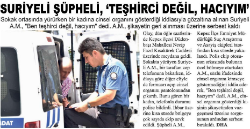
The article published in Antalya Gündem with the title “Syrian suspect, ‘I am not a flasher, but a pilgrim’” highlights the national identity of the suspect though it is not directly related to the incident. Thus, it incites a negative perception of Syrians by associating them with crime. |
1. Within the scope of the media monitoring work focusing on hate speech, all national newspapers and around 500 local newspapers are monitored based on pre-determined keywords (e.g. Traitor, apostate, refugee, Christian, Jewish, separatist, etc.) via the media monitoring center. While the main focus has been hate speech on the basis of national, ethnic and religious identities; sexist and homophobic discourses are also examined as part of the monitoring work.

